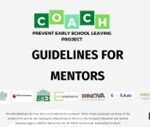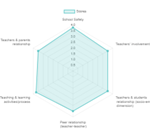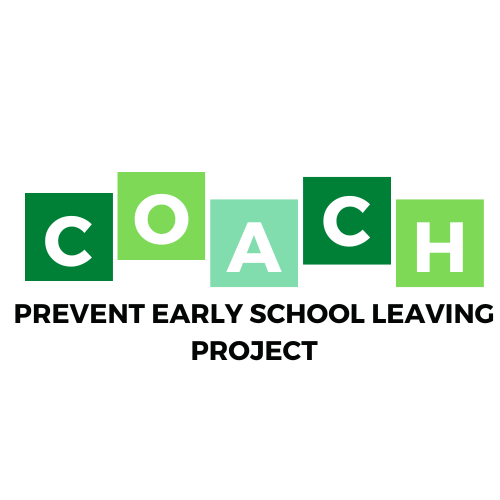4th Newsletter May 2024
Coaching approach: Your Guide to Better Teaching Practices in Education
If you are a teacher, school director, parent, coach or mentor, interested in how to prevent early school leaving, we warmly invite you to Read our School Coaching Tool.
It is a comprehensive but also easy to read introduction to the school coaching approach and how to apply it in schools. Read here an extract from page 9:
“Coaching is a powerful tool to proactively address stress and mitigate the risk of school dropout by fostering holistic student development. Through a coaching approach teachers assist students in setting realistic academic goals, developing effective study habits, and honing stress management techniques. By focusing on emotional well-being, a coaching approach helps students build resilience, navigate personal challenges, and cultivate a positive self-image. Additionally, coaching facilitates self-discovery, encouraging students to explore their strengths and interests while fostering improved communication and relationship skills.
The research results show that implementing an intensive coaching program targeting students aged 16–20 has proven to be a highly effective strategy in mitigating the critical issue of school dropout. The program, administered over one or two years, significantly contributed to a remarkable 40% reduction in school dropout rates, bringing them down from 17 to 10 percentage points. The additional year of coaching further bolstered this positive impact by lowering dropout rates by an extra percentage point.”
Discover case studies and best good practices

Mentors guidelines
A ppt with instructions how to start

Quick Scan
A quiz for teachers, parents or students that offers a graphic result about where your school’s strength and weaknesses are.

Best practice collection
With good examples from across the EU
If you're passionate about improving the educational climate through coaching
stay tuned for exciting updates by exploring our website and social media content under the hashtag: #eduCOACHproject.
